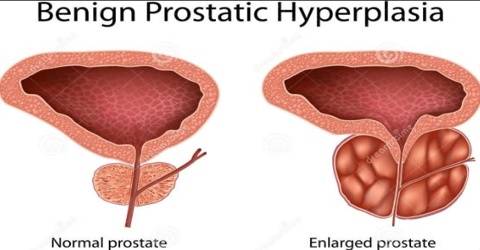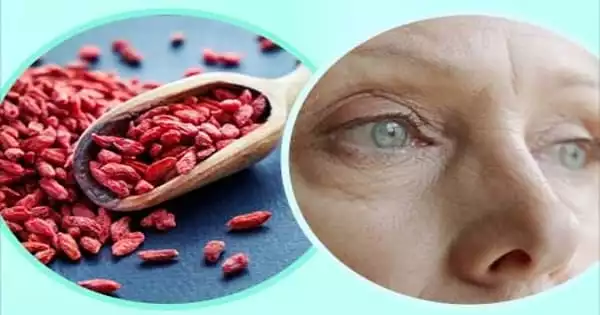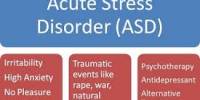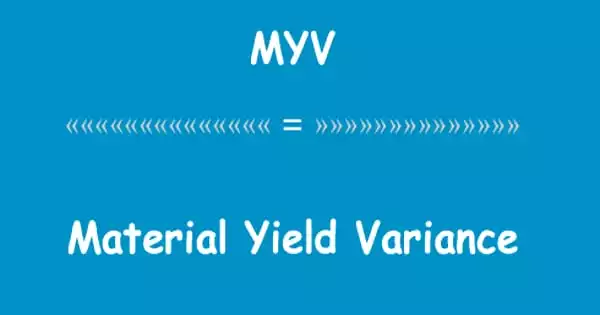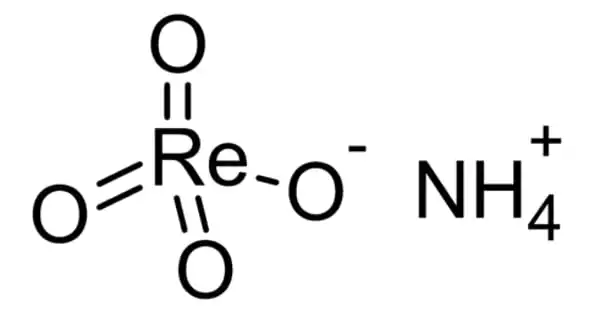Benign prostatic hyperplasia (BPH) is an bloated prostate gland. The prostate gland surrounds the urethra, the tube that carries urine from the bladder out of the body. As the prostate gets larger, it may compress or partly block the urethra. This frequently causes problems with urinating. Prostate gland enlargement is a common condition as men get older.
Symptoms
The harshness of symptoms in people who have prostate gland enlargement varies, but symptoms tend to increasingly worsen over time. General signs and symptoms of BPH include:
- Frequent or urgent need to urinate
- Increased rate of urination at night (nocturia)
- Complexity starting urination
- Weak urine stream or a stream that stops and starts
- Dribbling at the end of urination
- Straining while urinating
- Inability to entirely empty the bladder
In a little number of cases, BPH may cause the bladder to be blocked, making it impossible or very hard to urinate. This problem may cause backed-up urine (urinary retention), leading to bladder infections or stones, or kidney damage.
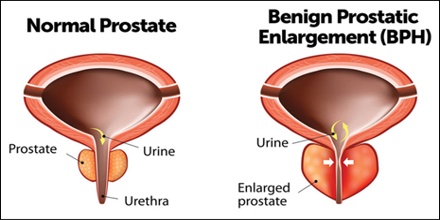
Causes
Benign prostatic hyperplasia is possibly a normal part of the aging process in men, caused by changes in hormone balance and in cell growth.
The prostate gland is located under your bladder. The tube that transports urine from the bladder out of your penis (urethra) passes through the center of the prostate. When the prostate enlarges, it begins to block urine flow.
Diagnosis
Your doctor can diagnose BPH by asking questions about your symptoms and past health and by doing a physical exam. Tests may include a urine test (urinalysis) and a digital rectal exam, which lets your doctor feel the size of your prostate. In some cases, a prostate-specific antigen (PSA) test is done to help rule out prostate cancer.
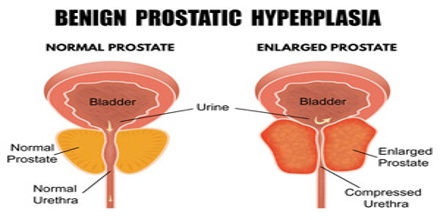
Treatment
Although home treatment cannot stop your prostate from getting larger, it can help reduce or control your symptoms. Here are some things you can do that may help reduce your symptoms:
- Practice “double voiding.” Urinate as much as you can, relax for a few moments, and then urinate again.
- Avoid caffeine and alcohol. They make your body try to get rid of water and can make you urinate more often.
If possible, avoid medicines that can make urination difficult, such as over-the-counter antihistamines, decongestants (including nasal sprays), and allergy pills. Check with your doctor or pharmacist about the medicines you take.
Conclusion
BPH occurs in nearly all men as they age. There are some effectual treatments for prostate gland enlargement, including medications, minimally invasive therapies and surgery. To choose the best option, you and your doctor will consider your symptoms, the size of your prostate, other health conditions you might have and your preferences.
